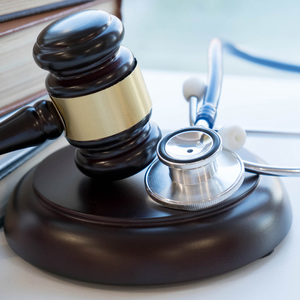
When a Loved One Dies with Medical Bills
When someone dies, everything that they own, including their debts such as medical bills, are considered to be a part of their estate. Assets that someone hoped to leave to heirs will not be doled out until all of a deceased person’s debts are paid. Probate is the process of paying a deceased person’s debts and distributing what is left.
A good news for grieving relatives is that unless you are a surviving spouse in a community property state, or you signed an agreement to be jointly responsible for the deceased’s debt, heirs do not inherit debt.
Solvent Estate
When someone dies with enough cash and assets in their name to pay off their debts, what they have left is called a solvent estate. An executor is the person who manages a deceased person’s affairs, including liquidating assets, making sure that any debts and creditors are paid off and that any money or property is distributed according to their wishes.
An executor can be named in advance by the person whose estate they will be in charge of. State laws differ but in many states, if this is not done, it is may be left to the next of kin to name an executor. If the next of kind cannot agree on an executor or the deceased has no known living relatives, an executor may be appointed by the state.
Assets that do not have to go through probate to transfer to living beneficiaries do not go towards paying off a deceased person’s debts. Retirement accounts, bank accounts, and real estate are examples of assets that do not have to go through probate.
Insolvent Estate
When someone dies without enough cash and assets to pay off all of their debts and creditors, it is called an insolvent estate. When this happens, a personal representative (executor) must prioritize payment of the deceased’s debts in accordance with the laws of the state where the decedent was a resident.
When there is not enough money in an estate, state and federal statutes determine which creditors will get paid, which will get partially paid, and who may wind up getting nothing. Some states give precedence to medical bills if they were generated within a certain time prior to a decedent’s date of death. In states where this is the case, or ones that have other laws specific to medical debts, the personal representative would need to make sure these were adhered to.
Unfortunately, when an estate is insolvent, deceased beneficiaries typically receive nothing.
Fortunately, except in many circumstances, whether an estate is insolvent or not, the deceased’s relatives, heirs and beneficiaries do not need to assume responsibility for their debts.
Keeping informed on current and New Health Care Bill Facts can help you to save time and money when it comes to your and your loved one’s financial related healthcare needs.
